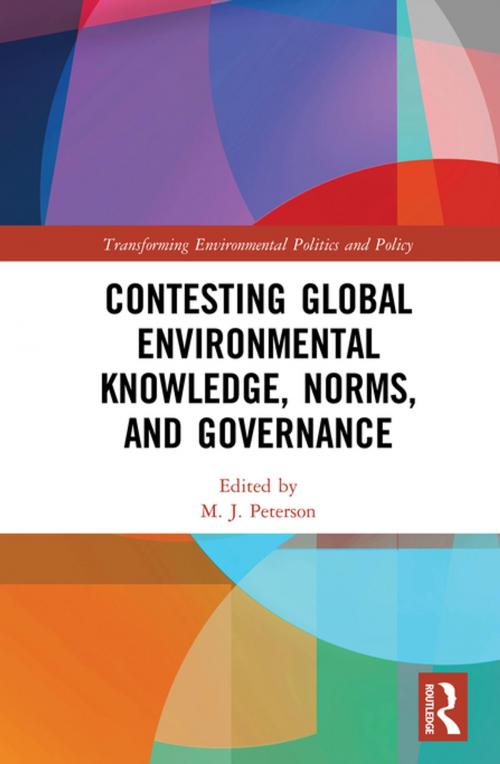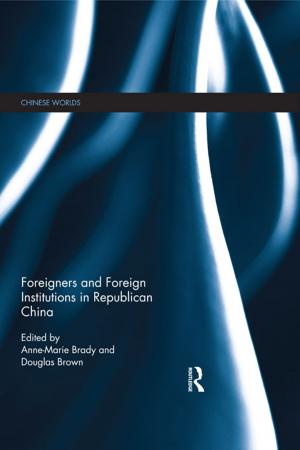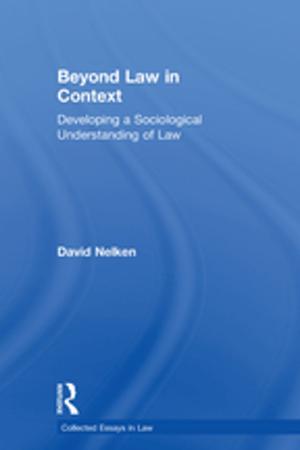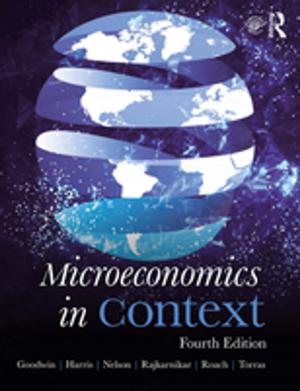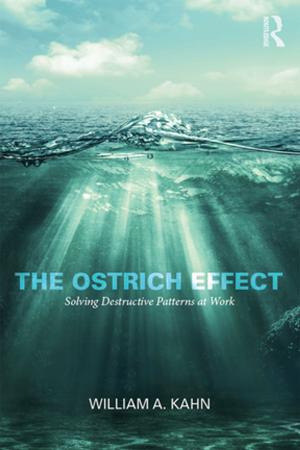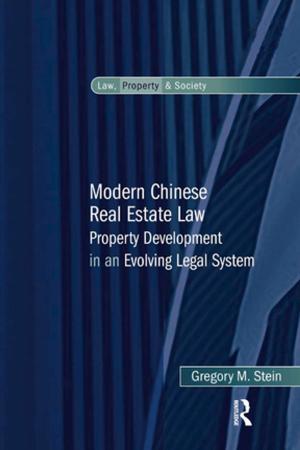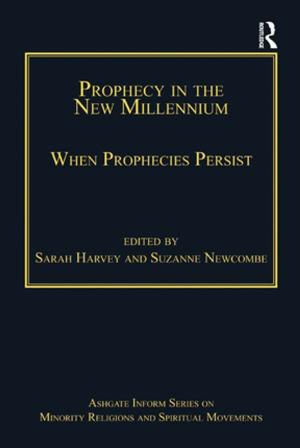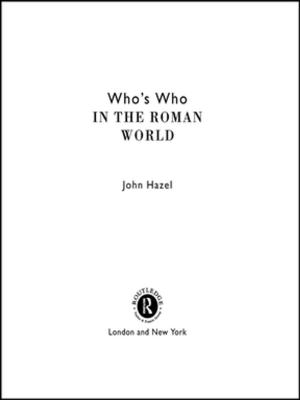Contesting Global Environmental Knowledge, Norms and Governance
Nonfiction, Social & Cultural Studies, Political Science| Author: | ISBN: | 9781351679992 | |
| Publisher: | Taylor and Francis | Publication: | January 8, 2019 |
| Imprint: | Routledge | Language: | English |
| Author: | |
| ISBN: | 9781351679992 |
| Publisher: | Taylor and Francis |
| Publication: | January 8, 2019 |
| Imprint: | Routledge |
| Language: | English |
Through theoretical discussions and case studies, this volume explores how processes of contestation about knowledge, norms, and governance processes shape efforts to promote sustainability through international environmental governance.
The epistemic communities literature of the 1990s highlighted the importance of expert consensus on scientific knowledge for problem definition and solution specification in international environmental agreements. This book addresses a gap in this literature – insufficient attention to the multiple forms of contestation that also inform international environmental governance. These forms include within-discipline contestation that helps forge expert consensus, inter-disciplinary contestation regarding the types of expert knowledge needed for effective response to environmental problems, normative and practical arguments about the proper roles of experts and laypersons, and contestation over how to combine globally developed norms and scientific knowledge with locally prevalent norms and traditional knowledge in ways ensuring effective implementation of environmental policies. This collection advances understanding of the conditions under which contestation facilitates or hinders the development of effective global environmental governance. The contributors examine how attempts to incorporate more than one stream of expert knowledge and to include lay knowledge alongside it have played out in efforts to create and maintain multilateral agreements relating to environmental concerns.
It will interest scholars and graduate students of political science, global governance, international environmental politics, and global policy making. Policy analysts should also find it useful.
Through theoretical discussions and case studies, this volume explores how processes of contestation about knowledge, norms, and governance processes shape efforts to promote sustainability through international environmental governance.
The epistemic communities literature of the 1990s highlighted the importance of expert consensus on scientific knowledge for problem definition and solution specification in international environmental agreements. This book addresses a gap in this literature – insufficient attention to the multiple forms of contestation that also inform international environmental governance. These forms include within-discipline contestation that helps forge expert consensus, inter-disciplinary contestation regarding the types of expert knowledge needed for effective response to environmental problems, normative and practical arguments about the proper roles of experts and laypersons, and contestation over how to combine globally developed norms and scientific knowledge with locally prevalent norms and traditional knowledge in ways ensuring effective implementation of environmental policies. This collection advances understanding of the conditions under which contestation facilitates or hinders the development of effective global environmental governance. The contributors examine how attempts to incorporate more than one stream of expert knowledge and to include lay knowledge alongside it have played out in efforts to create and maintain multilateral agreements relating to environmental concerns.
It will interest scholars and graduate students of political science, global governance, international environmental politics, and global policy making. Policy analysts should also find it useful.
